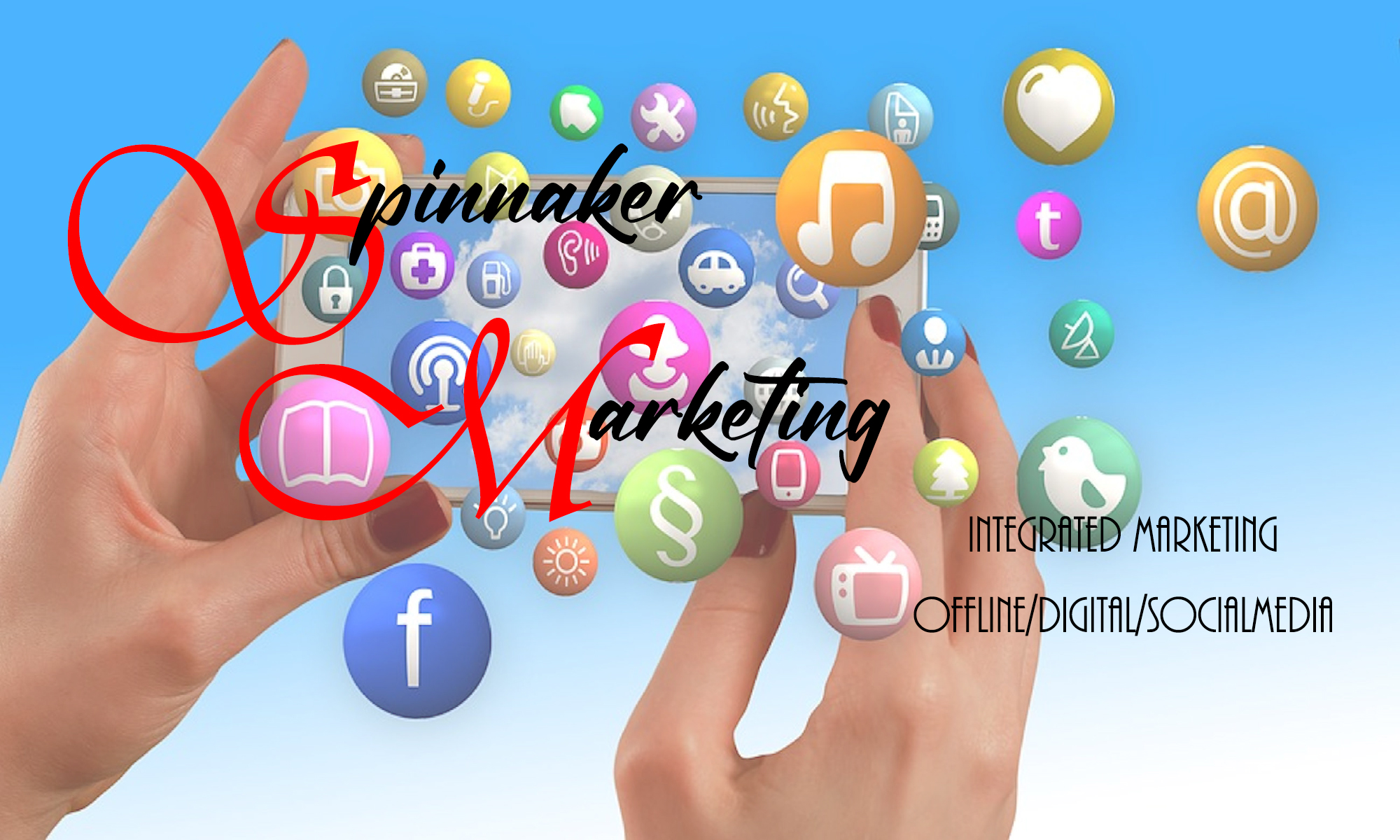With the explosion of websites like Facebook, Twitter and LinkedIn, in-house counsel should give careful consideration to the unique problems social media presents, how it affects the workplace, and how to address employees’ and third parties’ social media usage.
As with the rise of the Internet and blogs, existing employee and intellectual property issues play out in the social media world in sometimes surprising ways, creating new challenges and problems for in-house counsel. Social media has the capability to dramatically increase these problems and challenges by providing a much larger, well-connected audience. The following are some specific, brief considerations that in-house counsel should analyze and address with company employees.
1. Secrets are gone in a flash (or click).
2. Employee posts in social media may be protected speech.
3. Employee posts may subject the company to liability.
4. Employee posts may prompt federal administrative action.
5. Social media provides an exponentially bigger, real-time audience for traditional employee-relations problems.
6. Using social media as a recruiting tool can backfire.
7. Registering user names is a cost-effective, protective measure.
8. Implementing social media policies is becoming a best practice
9. The best defense is a good offense.
10. Social media adds litigation considerations.
